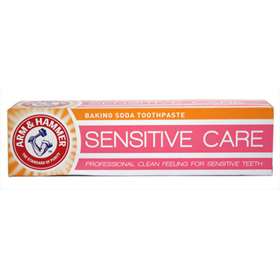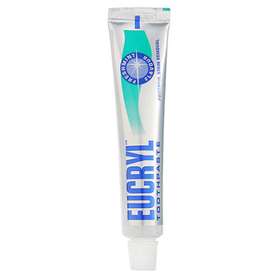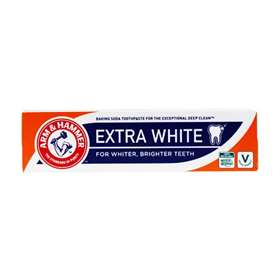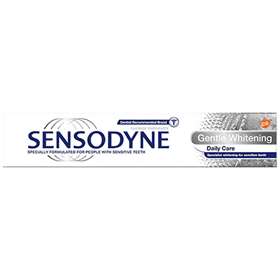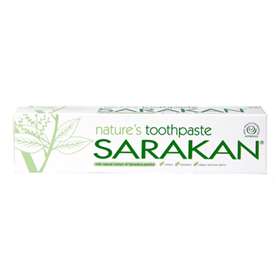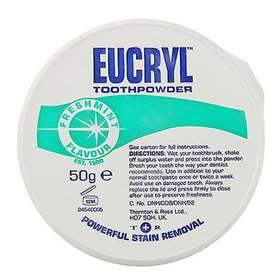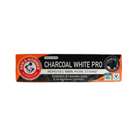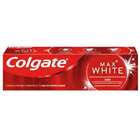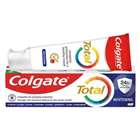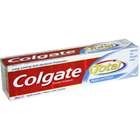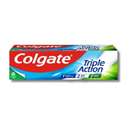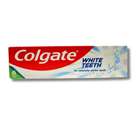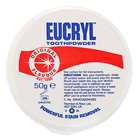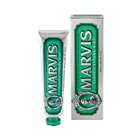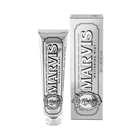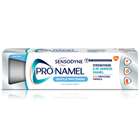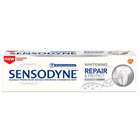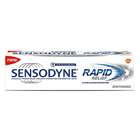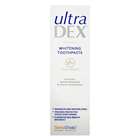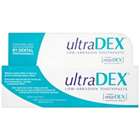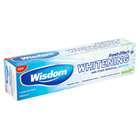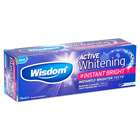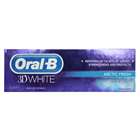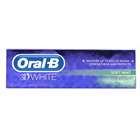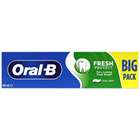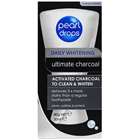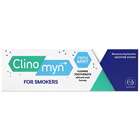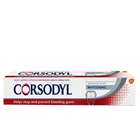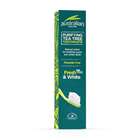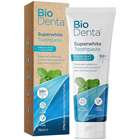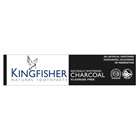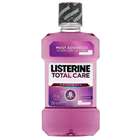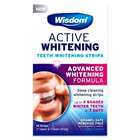Stained or discoloured teeth can occur for various reasons. The most common cause of tooth staining is from certain foods and drinks such as red wine, tea, coffee, fruit juice and fizzy drinks. Plus tobacco and bacteria. However, most types of food will stain the teeth if they are not brushed properly or regularly.
Other causes of stained teeth include
some antibiotics that can occasionally cause discolouration of teeth. Some illnesses/disorders can also affect the colour of teeth.
If your teeth appear mottled white or a darker yellow, this can be caused by too much
fluoride. Fluoride is a natural mineral that is great for protecting teeth and preventing decay but far too much fluoride can cause this discolouration.
The
natural colour of teeth is not actually white. They vary between a light yellow and greyish white. This is because tooth enamel (the hard, smooth outer layer of the tooth) is semi-transparent and so your natural tooth shade will depend on the colour of the underlying
dentin (the calcified material underneath the enamel) which is not pure white as we are often lead to believe in the media. As we age, our teeth will change to a darker shade as the tooth enamel thins.
If you are planning on reducing stains and discolouration with tooth whitening products, keep this information in mind. You may want to take a look at your teeth first. It is important to decide whether your teeth
are stained or if the colouring is coming from your natural tooth colour underneath the enamel. If you choose to
bleach your teeth, continued use on teeth that aren't actually stained, could be damaging.
(Please note, we do not sell products containing bleach for teeth. If you would like more information about teeth bleaching, please contact your dentist.)
For information on
Dental Plaque and Gum disease...


